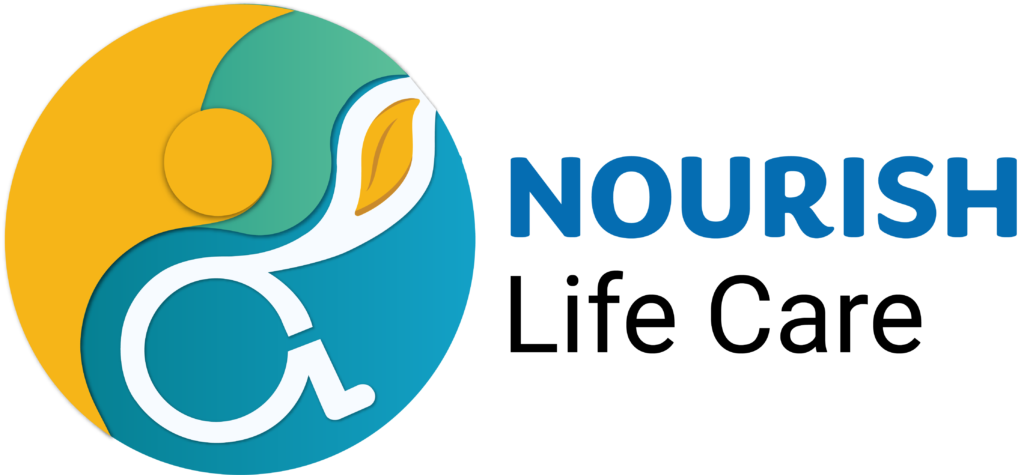
- Adaptive Physical Activity Engaging in physical activities tailored to individual abilities—such as swimming, adaptive yoga, or wheelchair sports—can enhance strength, flexibility, and cardiovascular health. These activities are enjoyable ways to boost fitness, improve energy, and support overall well-being.
- Balanced Nutrition Proper nutrition is essential for maintaining physical health and vitality. Custom nutritional plans can address specific health needs, ensuring balanced nourishment for optimal functioning and energy.
- Mental Health Practices Mental wellness is equally vital. Practices like mindfulness, engaging in hobbies, and participating in social activities bring joy and satisfaction. Access to mental health services, including counseling or therapy, provides critical support for managing stress, anxiety, and depression.
- Regular Medical Check-Ups Routine check-ups allow individuals to monitor their health and address issues proactively, ensuring long-term wellness and quality of life.
- Advocacy and Accessibility Accessible healthcare services that meet the unique needs of people with disabilities are crucial. Advocacy for inclusive health education and community programs empowers individuals and fosters a sense of belonging.
- Social Connections Building strong social networks creates a support system that enhances emotional resilience, mental health, and overall well-being.
Navigating Your NDIS Plan with Tips for Success The first step in making the most of your NDIS plan is understanding it thoroughly. Your plan includes details about your goals, required support, and funding allocated across various support categories. Here are tips to help you navigate and maximize your plan:
- Read and Understand Your Plan: Familiarize yourself with each part of your plan. Review it carefully and ask your NDIS planner or Local Area Coordinator (LAC) any questions you may have.
- Define Clear Goals: Setting clear, specific goals can guide your funding allocation and help you stay focused on your desired outcomes.
- Regular Check-Ins: Stay in touch with your NDIS planner or LAC to review your progress and make adjustments to your plan as needed.




